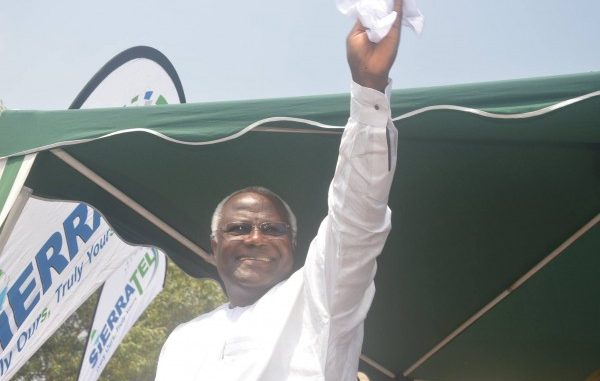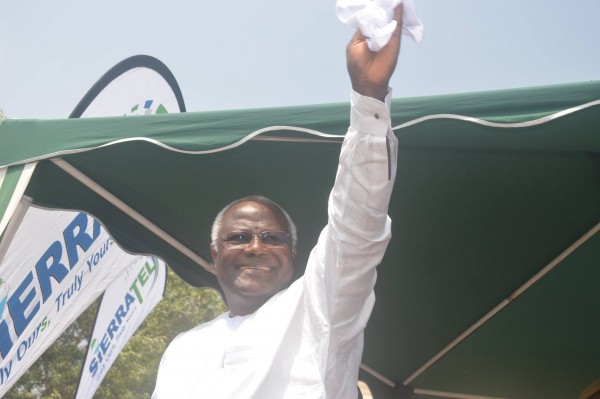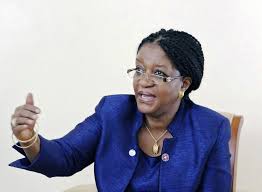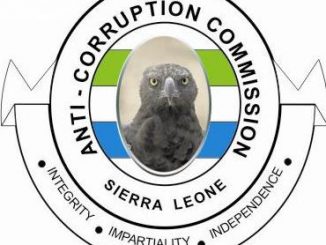
By Ahmed Sahid Nasralla (De Monk)
Journalists in Sierra Leone have again used the occasion of World Press Freedom Day, Tuesday 3rd May 2016, to remind the country’s President to honour his pre-election promise of repealing Seditious and Criminal Libel laws.
According to the President of the Sierra Leone Association of Journalists (SLAJ), Kelvin Lewis, the continued presence and use of the Criminal Libel laws is a constant threat to the right to media freedom, which is a fundamental human right.
Lewis makes reference to the fact that two journalists could not be part of the World Press Freedom Day symposium organised by their Association because they were due in court to answer charges under the Criminal Libel Laws. Between 2007 and 2016, he continues, more than 25 journalists have been arrested, interrogated, detained and/or jailed and two have been convicted of Criminal Libel.
“Today SLAJ again reiterates its call to President Koroma, to make do his 8-year-old election promise, to repeal the Criminal Libel Laws. We continue to maintain that there are enough provisions in the Civil Laws to address any redress sought from those aggrieved by our work. If medical doctors are not charged with murder, and executed, for making mistakes on their theatre tables where lives are lost while practicing their profession, why should journalists be jailed for making mistakes while practicing their profession?” Lewis maintains.
Before his election as President of Sierra Leone in 2007, Hon Ernest Bai Koroma, a Member of Parliament at the time, was on record promising to expunge criminal libel laws from the infamous Public Order Act of 1965 if elected.
Every year, for the past eight years, journalists have been reminding him of his promise and urging him to honour his words.
However, newly appointed Deputy Minister of Information and Communications, Cornellius Deveaux, said President Koroma and his Government are fully committed to ensure freedom of expression and of the press flourish, but insist that repealing criminal libel laws is a process.
“As a government we are seriously looking into these issues regarding the media landscape. I urge media stakeholders to take advantage of the new leadership at the Ministry of Information to see how we can collectively address these challenges,” said Deveaux.




